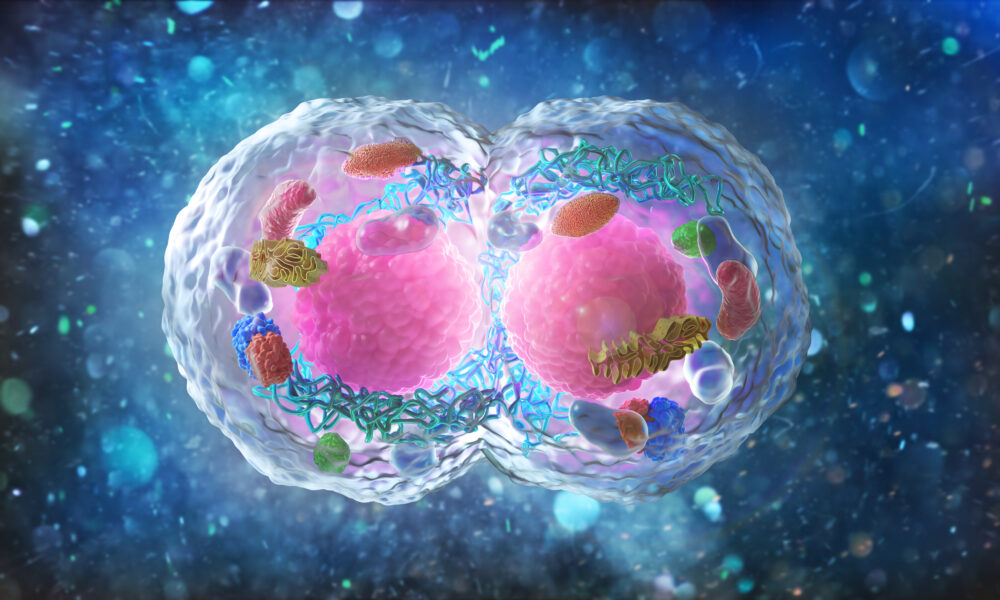

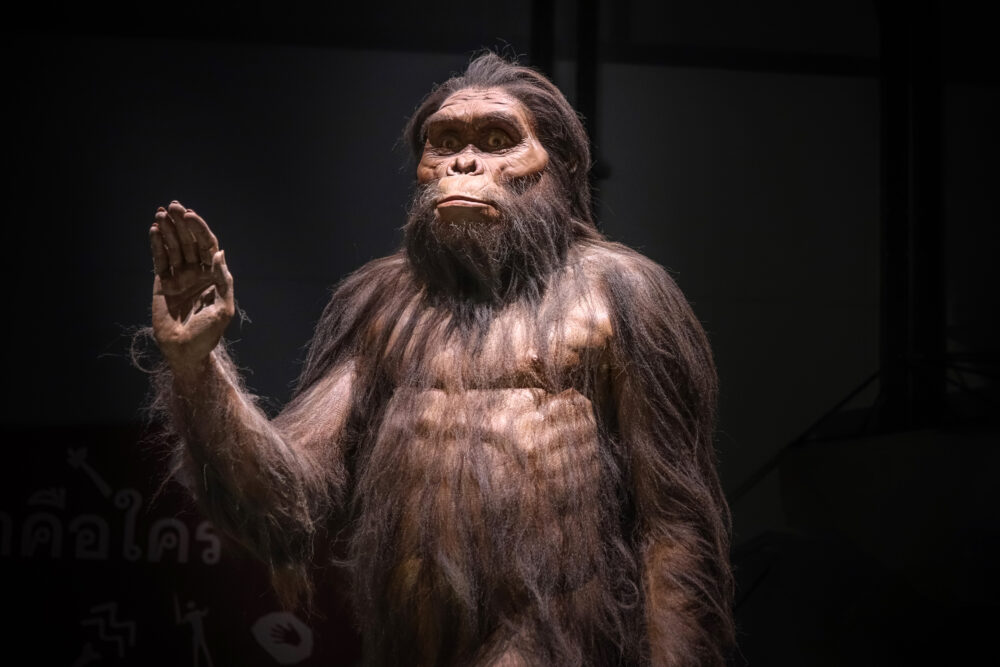
How to Respond to Common Criticisms of Intelligent Design
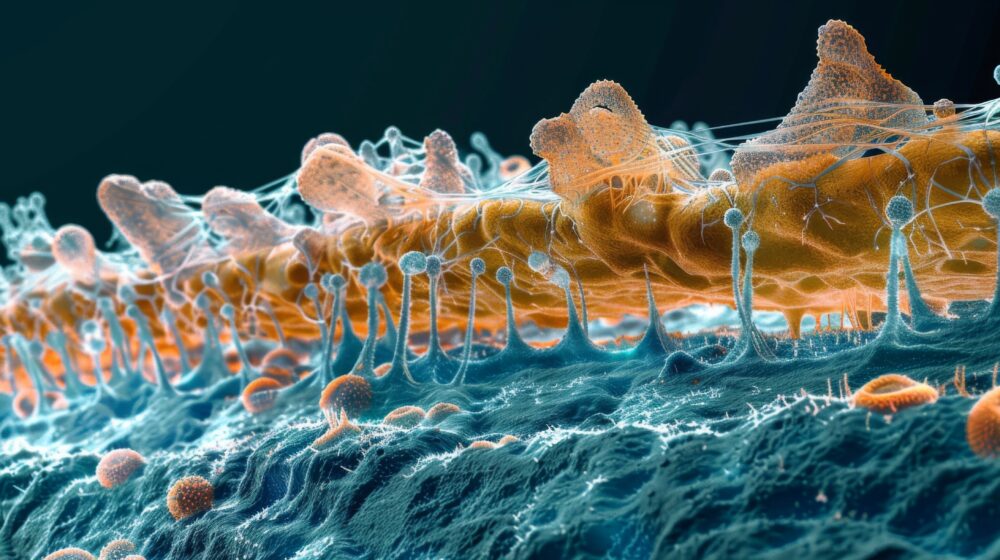
The Irreducible Complexity Found in Bacterial Cell Division
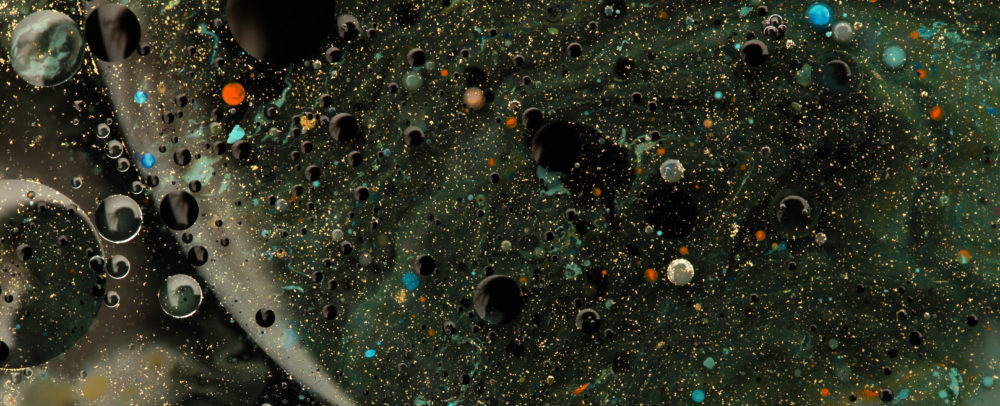
Casey Luskin Talks Intelligent Design and Cultural Renewal on the Dr. Jeff Show

Behe Counters the Best Objections to Irreducible Complexity and ID, Pt 3
On today’s ID the Future biologist Michael Behe and Philosophy for the People host Pat Flynn conclude their conversation (posted by permission here) about some of the best objections to Behe’s central case for intelligent design. One objection Behe and Flynn tackle in this episode: the idea of evolution overcoming the irreducible-complexity hurdle through co-option. That is, maybe the precursors to what would become one of today’s molecular machines, such as the bacterial flagellum motor, co-opted simpler machines being used for other purposes, allowing evolution to build a bacterial flagellum motor one small step at a time over thousands or millions of generations, even though the completed bacterial flagellum ceases to function at all when just one of its many key parts Read More ›

ID Pioneer Michael Behe Tangles with Two Philosophers, Pt. 2
In today’s ID the Future, intelligent design pioneer Michael Behe continues his conversation with philosophers Pat Flynn and Jim Madden. Here in Part 2 of a three-part series, Behe offers an illustration from language and Madden presses him, noting that meaning detection in language is not parts to whole. A lively exchange ensues and then Behe turns the discussion back to his primary focus, detecting design in molecular biological machines by recognizing the purposeful arrangement of parts. From there the conversation turns to everything from epigenetics, systems biology, and autopoiesis to co-option, mousetraps, tie clips, biologist Kenneth Miller, and the philosophers Aristotle and Thomas Aquinas. For Behe’s newest book, A Mousetrap for Darwin, go here. This discussion is presented here with permission of philosopher Read More ›
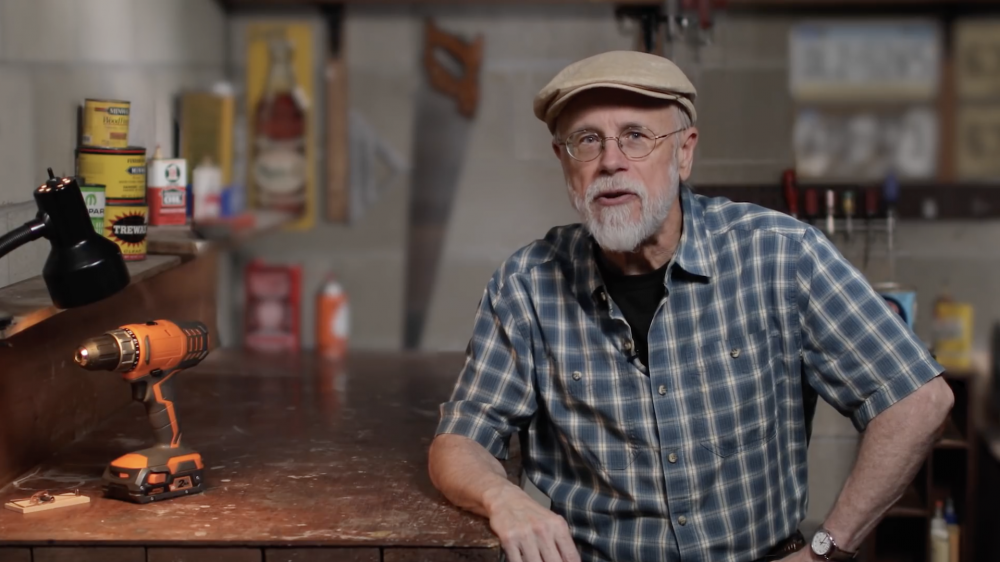
Michael Behe Answers Your Questions
This episode of ID the Future features Darwin Devolves author Michael Behe. The Lehigh University biologist and Discovery Institute Senior Fellow sat down to answer some of the most common questions put to him about evolution and intelligent design, and here we collect his answers to three of those questions: (1) What are some new examples of irreducibly complex systems? (2) What are some objections to ID from well-known critics? And (3) Why aren’t you convinced by theistic evolution arguments?